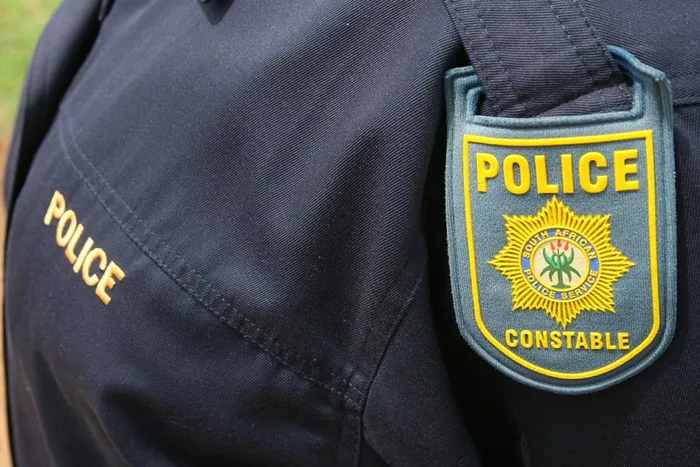SAPS granted right to intercept phone conversations

20080125 SAPS jacket with the shoulder badge photo taken on the 25th January 2008 in Sebokeng, south of Johannesburg. Photo Elvis Ntombela
Johannesburg – The South African Police Service (SAPS) has been given the right to monitor and intercept cellular communications for mass surveillance purposes.
This comes after Justice Minister Ronald Lamola on Tuesday gazetted a five-year “certificate of exemption”, under the Regulation of Interception of Communications and Provision of Communication-related Information Act (RICA).
According to a News24 report, the exemption “grants the police the right to own what may otherwise be illegal devices intended for surveillance, such as keystroke recorders that attach to computers, laser microphones, and tiny video cameras”.
Lamola said he is acting in terms of Section 46 of RICA, and in consultation with the Cabinet members responsible for communications, defence, state security, and policing, he has exempted the SAPS, allowing the police force to acquire or buy mass surveillance equipment for a period of five years.
He added that the national police commissioner must personally authorise the purchase of international mobile subscriber identity-catchers, or IMSI-catchers, any equipment reasonably necessary to be used with such IMSI-catchers, any software to be installed on such IMSI-catchers, or any equipment reasonably necessary to be used with such IMSI-catchers.
In 2015, Right2Know, a human rights civil society organisation, indicated that it was against the use of surveillance equipment by the police as this was against the provisions of the country’s regulations.
The organisation subsequently launched a campaign that sought to raise concerns as to why the government would have access to the “super-surveillance gadget”, the Grabber.
According to R2K, in terms of the Regulation of Interception of Communications and Provision of Communication-Related Information Act, only a designated judge can give permission for any interception of a person's communications by issuing a warrant called an interception direction.
“South Africans need to be very worried about the possible existence of these devices in our society and the extreme secrecy that surrounds them,” R2K said at the time.
However, R2K has not reacted to the current developments regarding this intended position by the South African government.
The Star